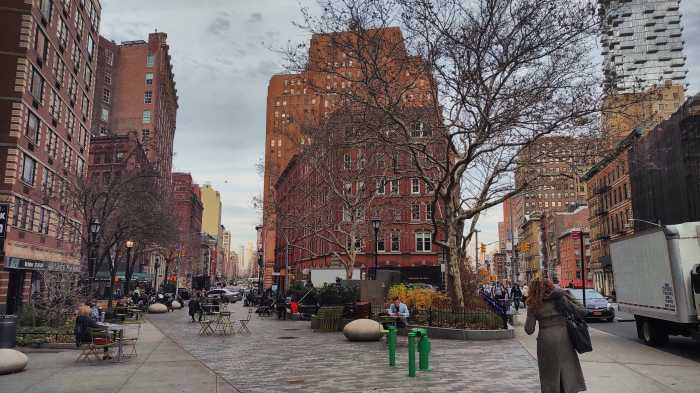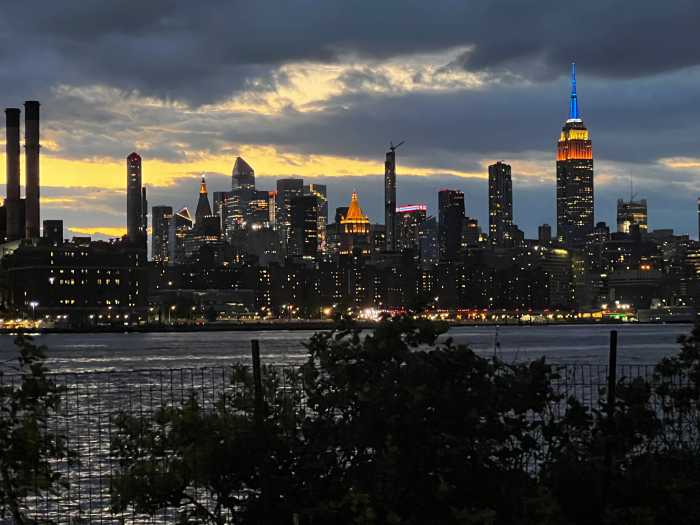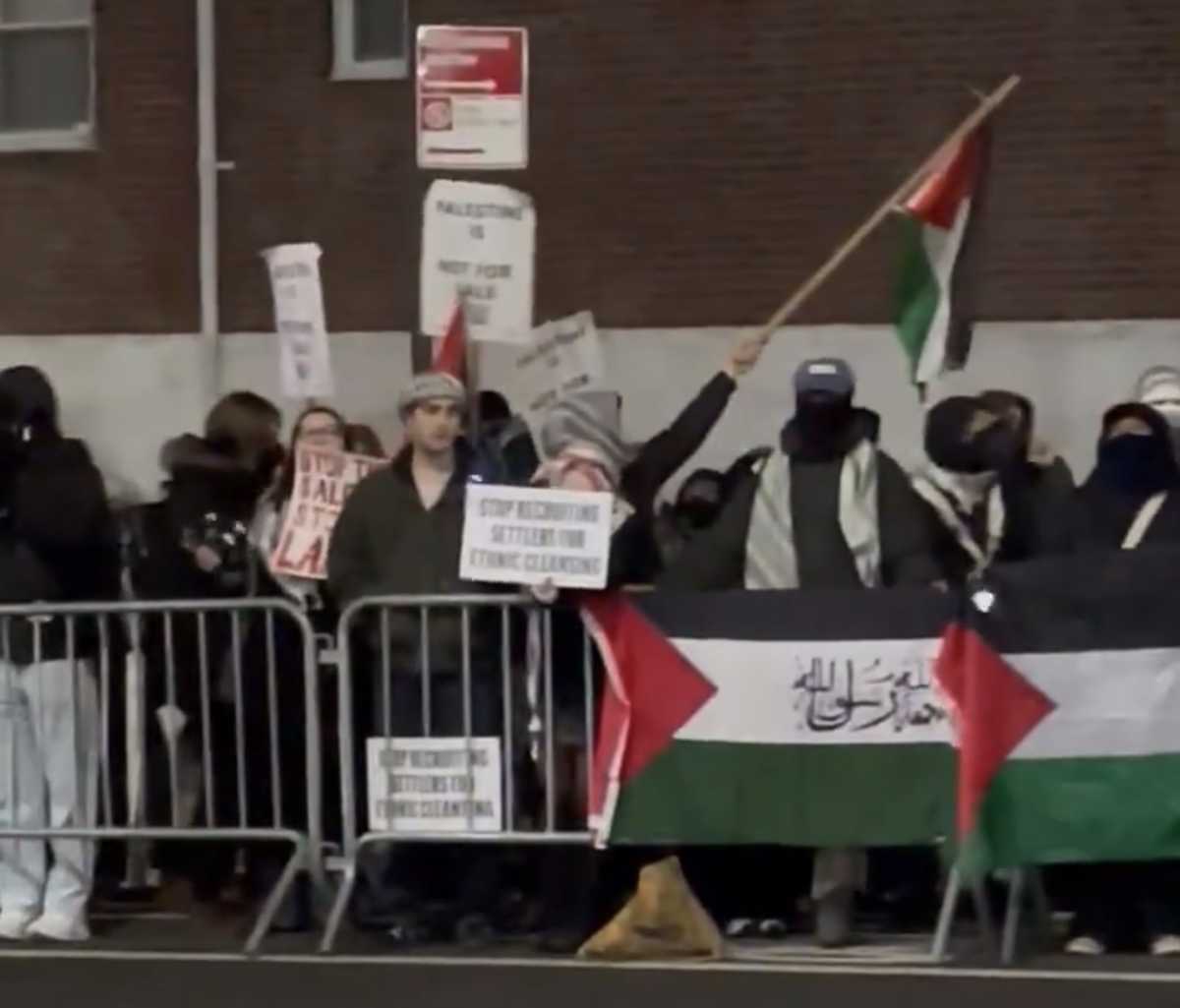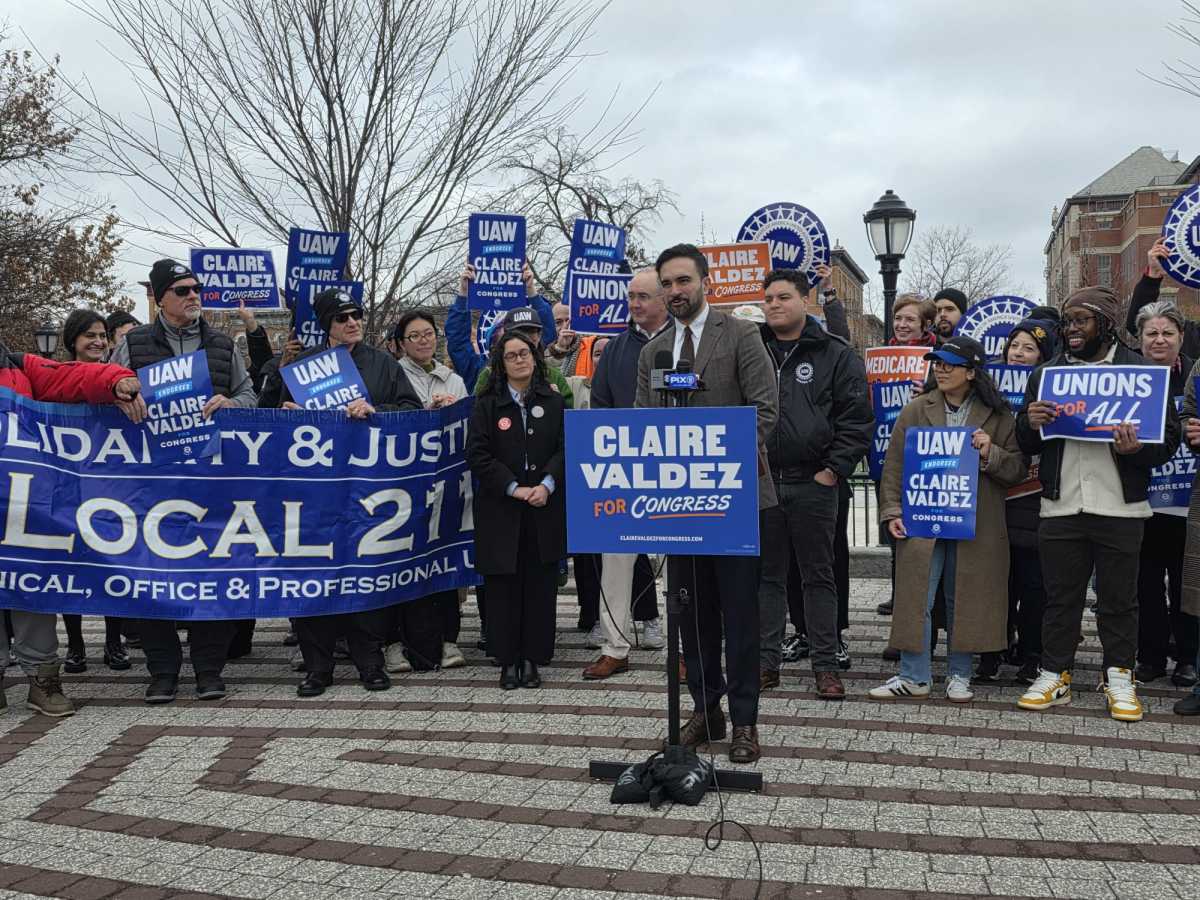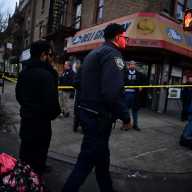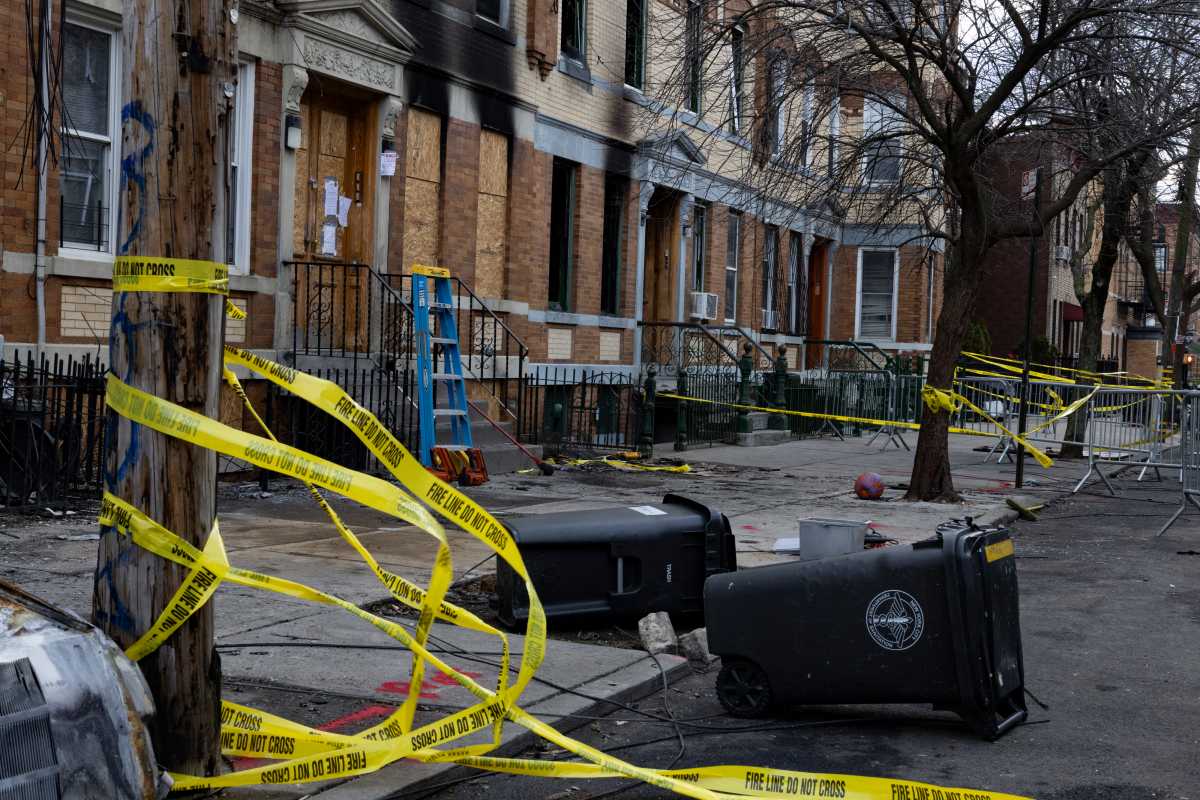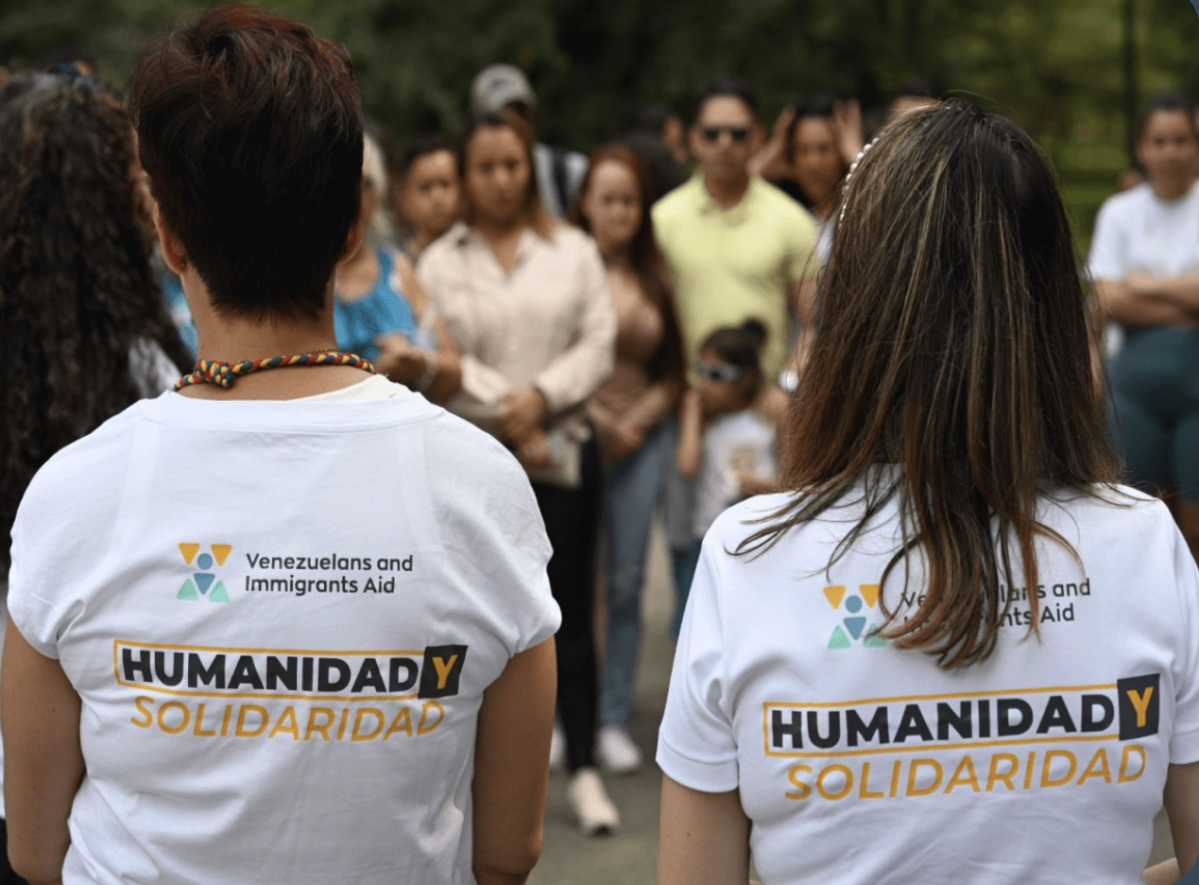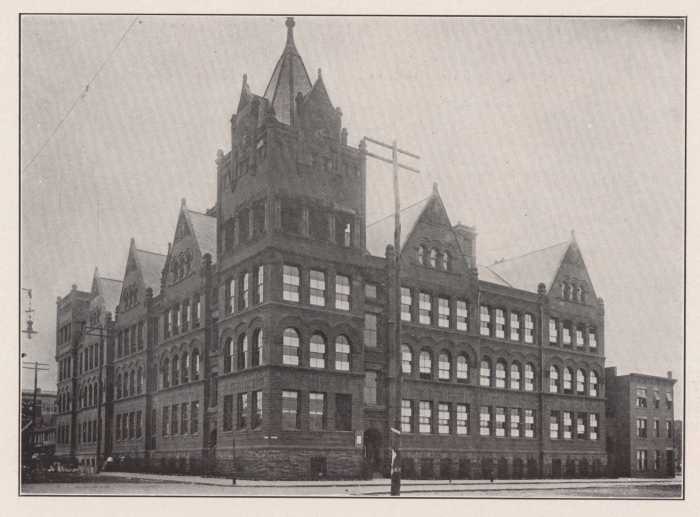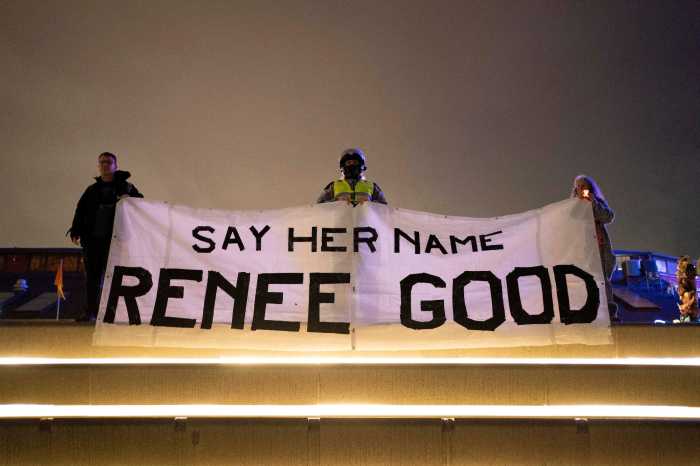Fordham Road and Long Island City are two completely different neighborhoods. Fordham is the Bronx’s busiest commercial corridor with more than 300 businesses, primarily retail. Long Island City is a multi-use waterfront community including residential, commercial housing, retail and industrial.
But here’s where our BIDs have never been more aligned…. The Department of Sanitation’s (DSNY) recent mandate to have all BIDs assume responsibility for the containerization of all trash bags in our neighborhoods would have drastic and unforeseen consequences and run counter to the very reason why BIDs were formed in the first place. DSNY has informed BIDs that they will start fining our organizations for public trash that we collect and set out for DSNY to cart to the Sanitation garages. As the City Council hosts a hearing on this policy in the near future, the war on rats may have an unintended consequence… an unintentional declaration of war on BIDs. Here’s why:
For more than 40 years, business improvement districts have operated in partnership with the city of New York, providing supplemental sanitation services, undertaking neighborhood beautification efforts and promoting economic development through our vibrant businesses. The keyword here is supplemental. The new mandate essentially implies that DSNY is privatizing sanitation services, shifting primary responsibility to us. What a bunch of garbage (sorry, we couldn’t resist the pun)! To-date, we have not received any guidance on how this new policy will be implemented. DSNY, in a city with a $110 billion operating budget plus a $100 billion capital budget, has a FY25 budget of $1.9 billion and has a staggering 10,000+ employees. The majority of BIDs have small staffs and budgets less than $1 million, which makes the DSNY demand that the BIDs do the agency’s job simply outrageous.
That leads to our next point. Our sanitation services consume significant portions of our budgets, not to mention rising operational costs from insurance and inflation. For Fordham Road, it’s approximately 33 percent and in Long Island City, it’s 44 percent. Our street teams comb the neighborhood, paying special attention to servicing overflowing garbage cans, replacing the liner in the trash bins, and then leaving the bags on the sidewalk for collection. What this new policy mandate is that BIDs will be responsible for getting rid of the bags on the sidewalk, whether it’s through private collection or adding more containers, both of which come at considerable cost to our BIDs. On Fordham Road alone last year, 48,000 bags of trash were conveniently placed on the sidewalks for collection by DSNY. In Long Island City, that number was 44,000.
Third, on Fordham Road, the City replaced all of our trash bins with brand new bins. Great in principle but head-scratching in execution because all the new bins are actually smaller and therefore create more bags because they overflow faster. This means the BIDs will also have to work with the City to cite new locations with NYC DOT for large containers, a process that usually takes months and both our neighborhoods are incredibly dense with limited space in the public realm. Fordham’s curbside bus lane and Long Island City’s very narrow sidewalks and outdoor dining make capacity for containers on the street limited.
Fourth, illegal dumping in our neighborhoods makes compliance with this new policy even more cumbersome and in essence assumes we will be blamed (and fined) for any trash not containerized on the sidewalk. In the Commercial District Needs Assessment Fordham Road BID conducted last year surveying hundreds of businesses, illegal dumping and street cleanliness were in the top three concerns of the BID. DSNY has a history of issuing summonses to business owners on Fordham Road for trash left on the sidewalk when in fact, it was left by a vendor who should not have been on Fordham Road in the first place since it is a vendor-restricted street. While illegal vending is not as much of an issue in Long Island City, we can’t control illegal dumping from individuals and should not be fined for those actions.
Don’t get us wrong. We share the city’s vision of doubling down on the war on trash from other containerization efforts with our residential and commercial stakeholders to the formation of the ‘rat pack’ to reduce the city’s rat population. But this new policy is a slap in the face of a successful 40-year partnership between the city of New York and the 76 hardworking BIDs. It is incumbent upon DSNY to engage transparently with and in partnership with us to mitigate the concerns that would have devastating economic consequences. If DSNY wants bags off the street, they should add additional service. If they want us to maintain containers for public trash, they should provide the funding for us to do so. BIDs are nimble and creative partners who know how to get things done. However, we will not do the job for DSNY.




